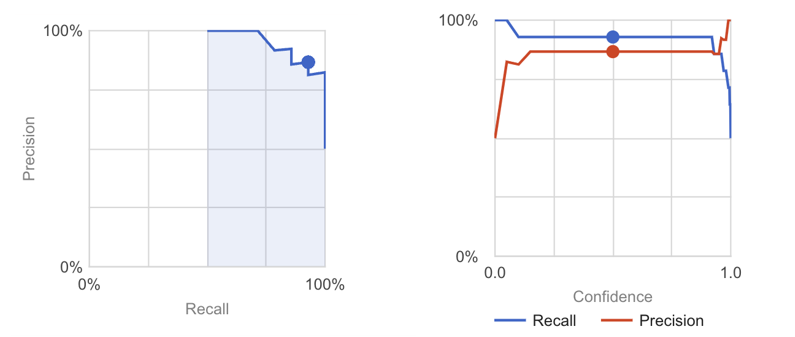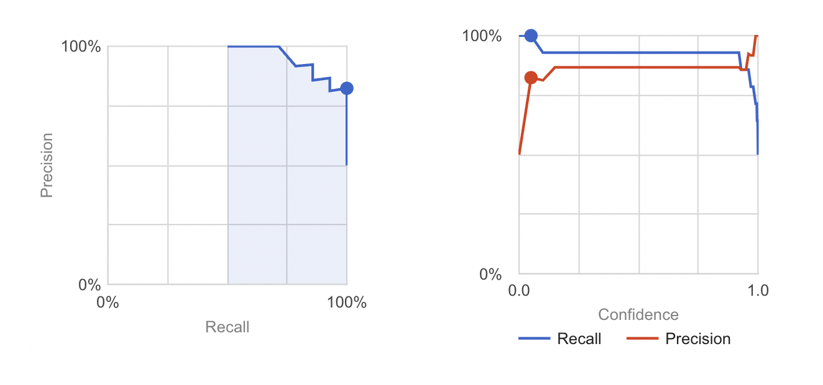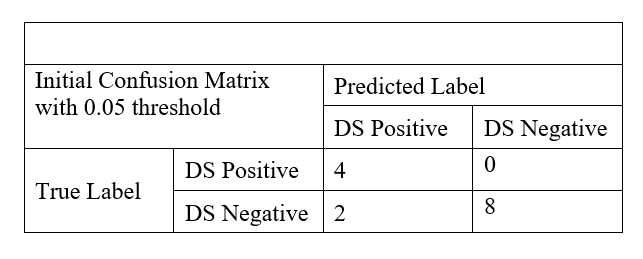General Pediatrics: All Areas
General Pediatrics 7
312 - Down Syndrome Detection Through Graphical Analysis of Facial Dysmorphic Features in New Born Children With Ethnicity/ Racial Slicing - An AI/ML Based Approach
Publication Number: 312.408

Binoy V. Shah, MBBS, MPH (he/him/his)
Graduate Student
Rollins School Of Public Health
Atlanta, Georgia, United States
Presenting Author(s)
Background:
Down Syndrome is associated with high mortality in India due to non-diagnosis/late diagnosis caused by a lack of qualified specialists and poor access to expensive medical/ diagnostic facilities.
Objective: To test the Clinical Validity of the Google Cloud AutoML Vision Image Classification Down Syndrome Detection model in real-life situations – i.e., does this model works in the hands of laymen (parents, guardians, end-user) with the same accuracy (98%+ in a controlled experiment).
Design/Methods: Study Design - A non-experimental, cross-sectional study
Participants - 104 children aged five days - 18 years of two categories - those who exhibited facial dysmorphic features indicative of Down Syndrome on visual inspection and those who did not exhibit said features.
Intervention - No intervention was done
Results: Results - The CloudML model trained with 104 images initially achieved: Sensitivity - 100%, Specificity - 80%, Average Precision - 96.6%, Precision - 86.67%, and Recall - 92.86% (Precision and Recall were calculated at a confidence threshold of 0.5)
This Indo-specific Machine Learning model, specifically trained and tested on Indian children, shows remarkable accuracy in diagnosing Indian Down Syndrome-positive neonates. On adjustment of software parameters (the confidence threshold of prediction), the technique can deliver a highly accurate Down Syndrome diagnosis with a 100% Sensitivity, at the expense of false positives that may be ruled out through further confirmatory testing.
Conclusion(s): This diagnostic algorithm is a reliable preliminary postnatal screening tool and can be deployed in tertiary healthcare centres where genetic testing is neither affordable nor readily accessible. False positives can be ruled out through subsequent testing.


